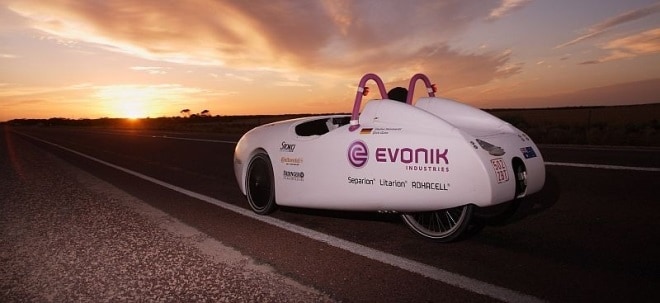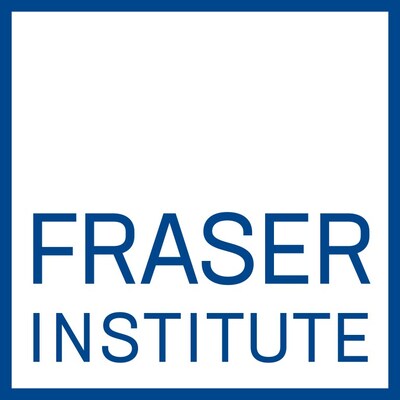Economic freedom declining in Canada
TORONTO, Sept. 25, 2025 /CNW/ - Economic freedom is declining in Canada, finds the annual Economic Freedom of the World report published today by the Fraser Institute, an independent, non-partisan Canadian public policy think-tank.
Economic freedom—the degree to which individuals are allowed to make their own decisions about what to buy, where to work and whether to start a business—is fundamental to prosperity. Economic freedom is measured by assessing openness to trade, tax and regulatory burdens, government spending, protection of property, and the soundness of a country's money.
"Canadians should understand that when people are more economically free, they enjoy higher standards of living," said Matthew Mitchell, senior fellow at the Fraser Institute and contributor to the report.
In this year's report, Canada ranked 11th in 2023 (the latest year of available data), down from 8th in last year's report. Because the data are from 2023, they do not reflect any consequences from the current trade war (though the report does include a chapter on the trade war's potential effects on economic freedom in the United States).
One of the reasons for Canada's decline is its comparative performance on the size of government spending and taxation. In 2014, Canada ranked 71st in the world for the size of government, its best historic ranking on this measure (where higher rankings indicate lower taxation and less government spending). When the pandemic hit, Canadian governments increased spending and regulations, and the country's size of government ranking fell to 125th in 2020. While it increased to 93rd place in last year's report, in this year's report if fell back to 102nd place.
In overall economic freedom, Hong Kong once again claimed top spot—although Hong Kong's score has fallen every year since 2018.
The rankings of other major countries include the U.S. (5th), United Kingdom (13th), Germany (15th), Japan (17th), Korea (38th), France (44th), Italy (46th), Indonesia (65th), Mexico (70th), India (86th), Brazil (87th), China (108th), and Russia (148th).
The 10 lowest-ranked countries were Chad, Libya, Syria, Argentina, Myanmar, Iran, Algeria, Sudan, Zimbabwe and Venezuela.
People living in countries with high levels of economic freedom enjoy greater prosperity, more political and civil liberties, and longer lives.
For example, in 2023 per-person GDP (an indicator of living standards) in countries in the top 25 per cent of economic freedom was US$66,434 compared to US$10,751 for countries in the least-economically free quartile.
And poverty rates are lower. In the most-economically free quartile, 2 per cent of the population experienced extreme poverty (living on less than US$3.65 per day) compared to 52 per cent in the least-free quartile.
Finally, life expectancy is 79 years in the top freest countries compared to 62 years in the least free.
"Where people are free to pursue their own opportunities and make their own choices, they lead more prosperous, happier and healthier lives," Mitchell said.
Follow the Fraser Institute onTwitter and Facebook
The Fraser Institute is an independent Canadian public policy research and educational organization with offices in Vancouver, Calgary, Toronto, and Montreal and ties to a global network of think-tanks in 87 countries. Its mission is to improve the quality of life for Canadians, their families and future generations by studying, measuring and broadly communicating the effects of government policies, entrepreneurship and choice on their well-being. To protect the Institute's independence, it does not accept grants from governments or contracts for research. Visit www.fraserinstitute.org
SOURCE The Fraser Institute


